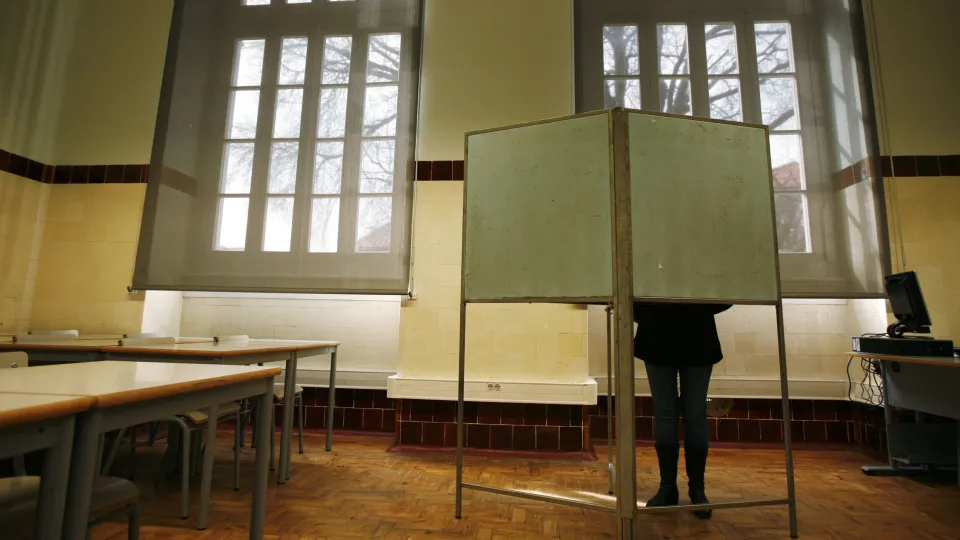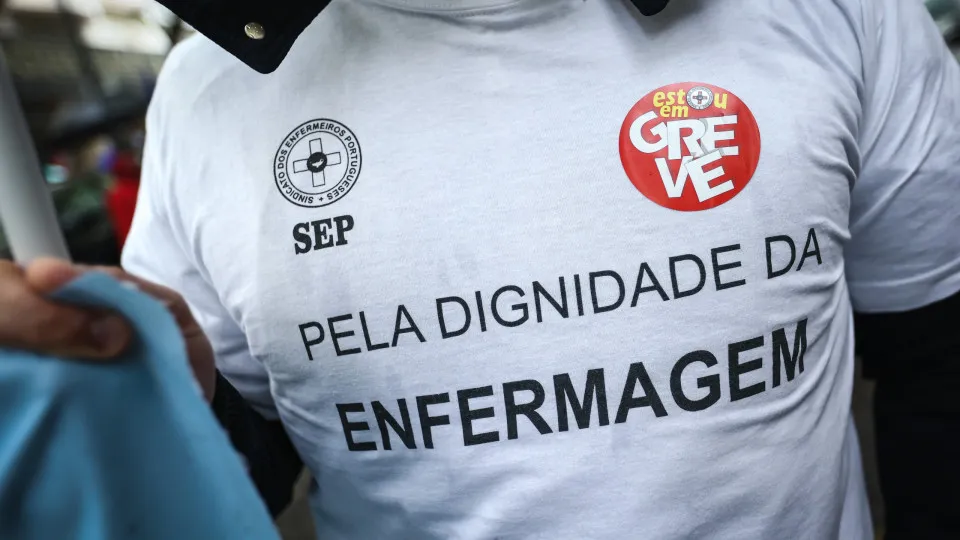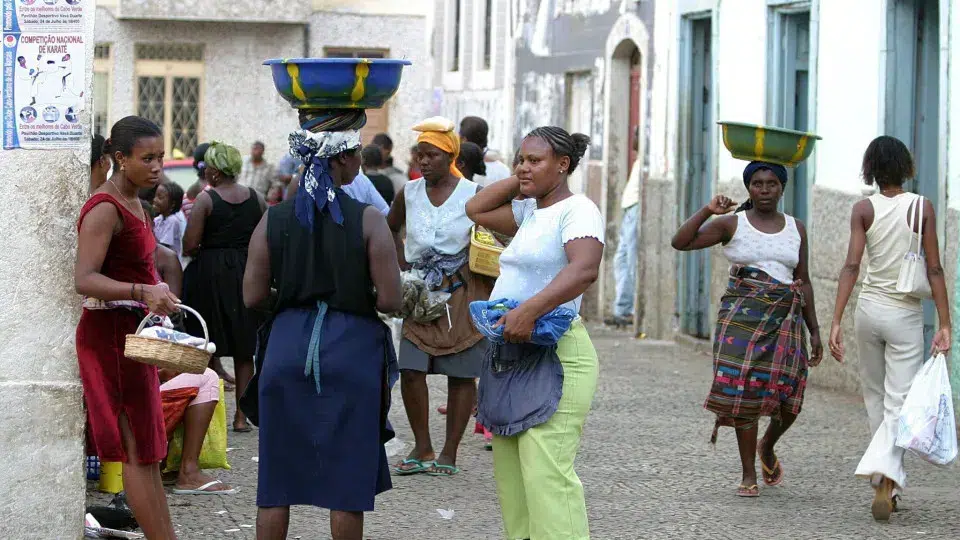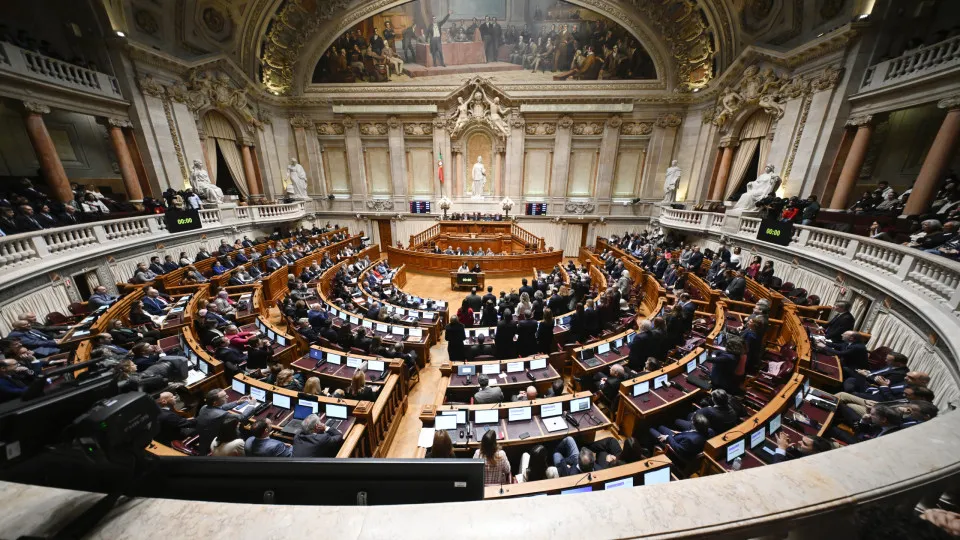
The coordinator of the ‘Caderno de Políticas Autárquicas’, which will serve as the basis for today’s cultural policy debate at Jardins do Bombarda in Lisbon, concerning the municipal elections on October 12, argues in an interview that “municipal governance, municipal executives should withdraw from the role of cultural programmer and producer.” The statement comes from a faculty member of the School of Arts and Design.
However, this practice “has persisted,” especially in smaller municipalities “that are more easily dominated,” he notes.
Rui Matoso identifies “many, obvious, and evident” cases, citing public space art as an example: “typically, it is directly the mayors who make this choice and impose their tastes.”
Another long-standing issue is the lack of an artistic director in many municipal theaters “with autonomy and independence from the executive,” which he notes as a criterion for accreditation by the network of Portuguese theaters and ensures “diverse programming.”
Municipal facilities’ directors and programmers “should not have a public administration linkage,” he emphasizes, noting that “councilors or even mayors or cultural department technicians” continue to assume these roles.
In this context, Matoso urges adherence to Article 43 of the Constitution, which prohibits the state from programming culture and mandates participation mechanisms and support for cultural creation and liberty.
The researcher acknowledges “severe gaps and tensions” in local-level public cultural policies, primarily due to the “difficulty in implementing” participatory democracy.
“There is still (…) a significant need (…) to implement participatory strategies,” he highlights, observing that often these participation mechanisms are formalized, but in practice “citizens are not heard, not listened to, not invited to participate, and their ideas and proposals do not contribute to the development of the cultural and creative sector in cities.”
Rui Matoso disputes the “myth” of public disinterest in cultural participation and highlights priorities for youth, whom he sees as threatened by climate change, alongside minorities and underrepresented communities.
“This participation must be systematic, regular and creative,” he advocates, suggesting cultural entities utilize young people’s digital communication skills.
“A city without culture is just a collection of buildings, cement, and asphalt,” he remarks, noting that culture needs nurturing like “any ecosystem.”
Cultural democracy, as a public policy orientation, has a “significant implementation delay in its effectiveness and fullness,” he observes, pointing out that even the Recovery and Resilience Plan (RRP, European funds) has “only a few funding lines for digital transition,” mainly aimed at businesses.
The “cornerstone (…) of local power (…) is, indeed, (…) informed and systematic participation, not just a simulation of participation, as often happens,” he distinguishes, highlighting the participatory budget model, which “needs improvement.”
Participation “must begin in institutions, local facilities, libraries, theaters; there must be this citizen involvement in production, programming, strategic policy line definitions, and even communication,” he lists.
Representatives from municipal candidates, including the “For You, Lisbon” coalition (PSD, CDS/PP, and IL), “Living Lisbon” (PS, Livre, BE, and PAN), and CDU (PCP and PEV), will discuss the topic of municipal cultural policies today at 18:00 at the Jardins do Bombarda cultural and community center in a debate co-organized by the cooperative Largo Residências and the convention MIL – Next Music, Culture and Ideas.




